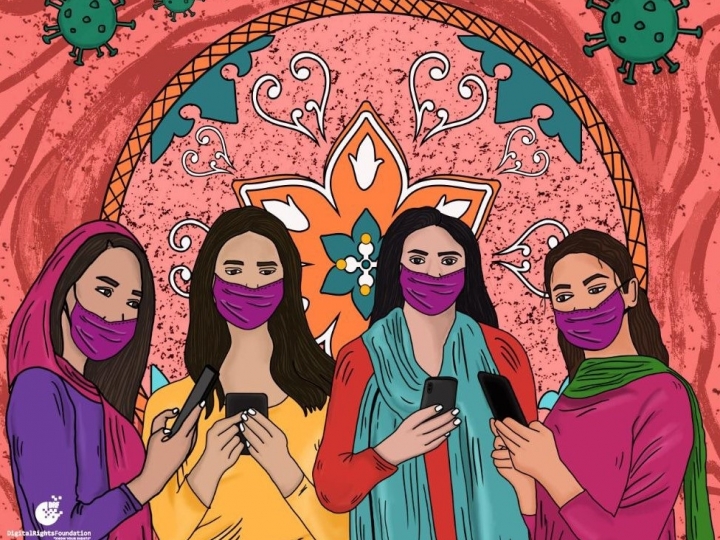Although nearly all societies have relegated women’s status, they are and the work they do is essential and an integral part of the structures that form the backbone of societies. During conflict, women have and continue to, of their own resolute beliefs, independently create and assume roles that put them at the front lines and in critical roles for making pathways to peace. They create spaces for each other, for victims/survivors of conflict to be heard, and for the necessary work to bridge, to negotiate, and to eventually extend an olive branch. They fearlessly take on these roles with acute personal consciousness of the risks they take in doing so. Yet, women are almost always excluded from peace processes, and issues related to gender and gender equality have so rarely made their way into peace agreements as a direct consequence of their lack of participation in peace processes.
Much research over the years has found that peace cannot be fully achieved without gender equality and that gender equality and the status of women and their rights are an indicator of a country’s stability and security. Yet women continue to be deliberately excluded from participating in all spheres of society equally and of their own autonomous determination, to be denied their basic human rights and the ability to exercise and enjoy equally those they do have access to.
The NHRF has grantee partners across the world led by women peacebuilders. Women who courageously carve out spaces for themselves in spaces deemed as “no place for a woman” and for the women they support, lead, and take forward with them. They confront exclusion and violent rhetoric and the physical manifestations of it directly and refuse to be silenced or stopped. In some of the most challenging contexts for women, for gender equality, these peacebuilders’ voices are rising above and promoting an inclusive peace based on inclusive gender equality.
One such partner is Nighat Dad, Founder and Executive Director of Digital Rights Foundation (DRF). Nighat saw a gap in the field of protection for women human rights defenders and for women’s digital rights in Pakistan and took action to address it. DRF is now a leading organization in the field of digital rights and advocacy for laws to better protect women’s rights in the digital sphere. Providing essential tools and knowledge directly to women and human rights defenders throughout Pakistan to equip and protect civil society, women, and build resilience for a stronger movement for gender equality and human rights in Pakistan.
Illustration: Mehak Tahir/Digital Rights Foundation.

